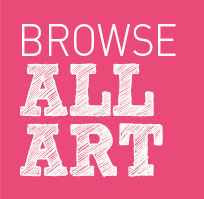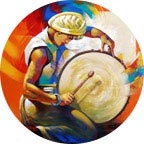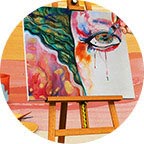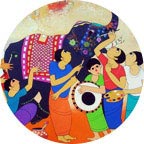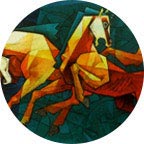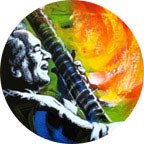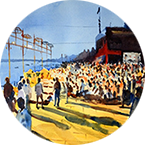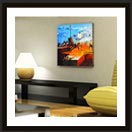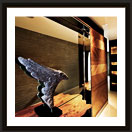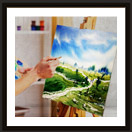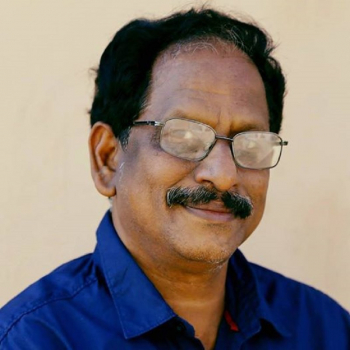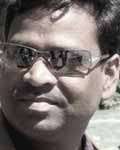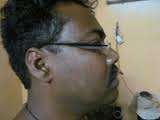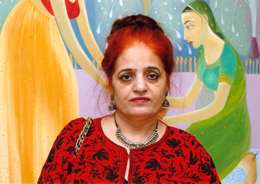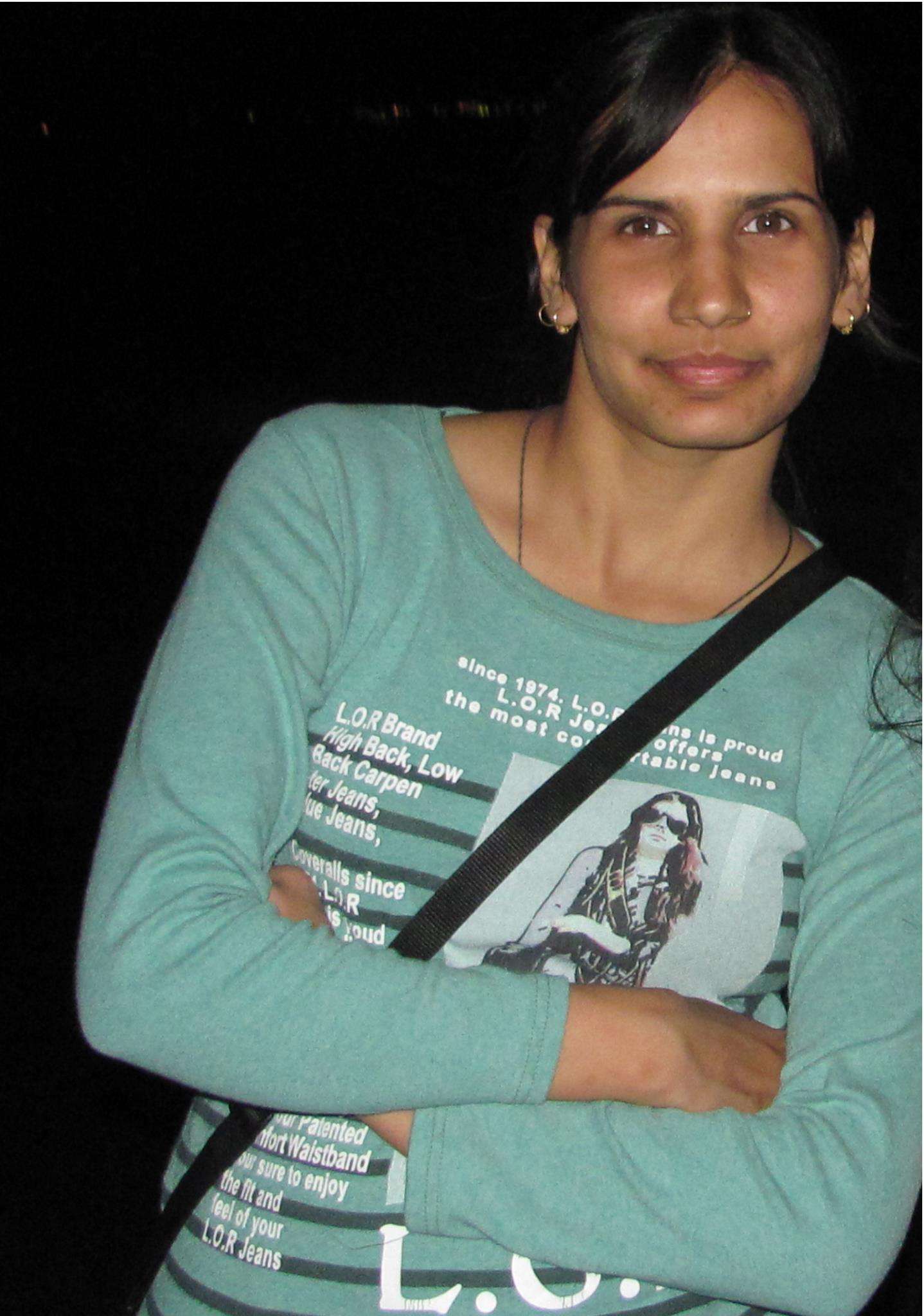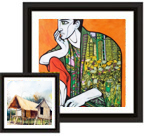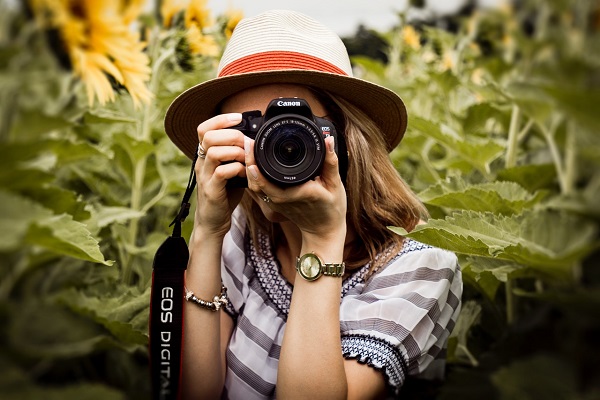
Advice and recommendations never run out, but if you are a beginner at photography, they are a necessity, so today we will see some photography tips for beginners.
To start your career in photography the right way, you need to get information and advice. This will provide guidance on the correct steps you need to take.
Therefore this is going to be the first step and you are already doing it! You are on the right track! ;)
1: Search for Information & Ask the Internet.
You can do research on the Internet, talk to professional photographers, take a course at a photography school, as well as read some books on the subject.
There are a lot of Internet portals that can give you good information for free… (we are working to make this one of these ;) )
Apart from that, there are also online forums, which are usually visited by beginners and professionals in the field. With this, you have the opportunity to ask questions about anything regarding photography.
2 - Invest in a tripod.
Having a tripod can bring you a lot of advantages, as far as taking pictures is concerned.
It is one of the things in which you need to make an investment, in order to have photographs of high quality. Apart from that, it will also help you take great pictures of the sunsets or sunrises.
Even with the use of a tripod, there is still a chance that the images will be blurry, especially if you have shaky hands. This may be due to the way the shutter button is pressed. To avoid that, you can use a remote control or the camera timer.
3 - Experiment with camera settings.
This is something very important: you must know your camera inside out to take advantage of its full potential.
Even your Best Bridge Camera can be more flexible and powerful than you know. Read the instruction manual to decipher all those little symbols. When exploring, try shooting with multiple settings to learn what effects you can achieve with each of them.
When you are looking at the photographs on the computer, you can check the EXIF data (usually in the file properties) to see the settings you used.
4 - Do not buy more equipment until you master the ones you have.
One question that beginners frequently ask is which lens to buy, since the one in the kit does not give them sharp enough images. Before buying more equipment, you have to understand and master the most basic things in photography. It is advisable to have at least one year of experience and then decipher what your needs are.
There are very important things that a beginner must learn before someone notices that the image is not super focused. The majority of blur problems that are normally seen are due to technical problems, not the lens. Once you master the fundamental things, then, buying a new lens will be a good investment and will improve the quality of your images.
The same applies to other photographic equipment. It's no use buying a complete photo studio if you don't master the basics of lighting.
5 - Imagine, Plan, and Create.
There is nothing wrong with looking at a great photograph to get creative inspiration.
You can spend your time thinking about what type of photographs you want to create and how you can do it. Then, get to work. Most of the great photographs involve a lot of planning. Make each photo uniquely yours, either with a change in lighting or composition.
Many photographers make sketches before making the shot itself. This can also make your techniques much better.
6 - Share Your Photos Online
Sharing photos (on websites like Flickr, 500px, 1x, etc.) is something you can do from day one, as it has the appearance of a “work in progress”, where you can build your portfolio, showing your work, and over time, build your own identity as a photographer.
You can also become part of a group for mutual support and sense of community of photographers. Flickr is tremendously useful for two reasons: watch your work grow and get comments and criticism from other people.
However, you have to be careful with the culture of sharing photos all the time, because sometimes people's comments on these sites can be somewhat misleading.
7 - Follow Some Photography Fans.
An excellent way to learn is to follow bloggers who have good photos, not just photography blogs.
There are tons of bloggers out there, photographers who not only share their portfolio, but also publish techniques, interesting news, their own photo shoots, and so on. (If you are one of them share your blog in the comments ;) )
In addition, you can not only follow photographers, there are many bloggers who publish on other topics, but they illustrate everything with great photographs. You can also learn from them!
8 - Using Photoshop Is Not Cheating.
The edition of digital images in photography is very important. Photography is art. There is no need to have a closed mind regarding the issue. An edited photo is not a "fake photo" as many call it.
Long before Photoshop existed, photographers did editing in the laboratory, at the time of development. This has always existed, and it was not considered taking a false photo. So feel free to edit your photos.
Of course, this does not mean that you should not get the best from the shot. The editing does not replace the original shot, it simply improves it. You should ALWAYS try to get the best you can from the shot, which at the same time will give you more freedom when editing.
9 - Sign up for a Photography Course
Taking a photography course is also a very good idea to start off on the right foot. In addition, following a course provides a guide and a few steps to follow, so you will not be overwhelmed by the large amount of information you can find on the Internet.
Hope this helped!

